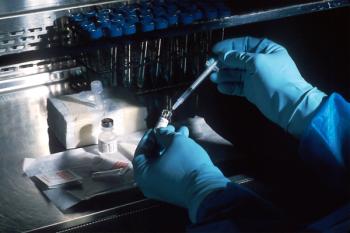
The Aptima HIV-1 Quant Dx assay is the first in the US to be able to make such a claim.

The Aptima HIV-1 Quant Dx assay is the first in the US to be able to make such a claim.

This guidance comes less than 24 hours after FDA grants an EUA for its use combined with baricitinib.
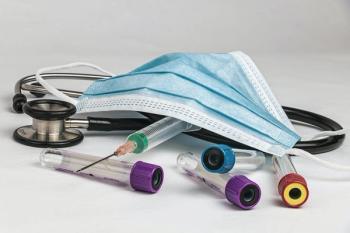
The measles-mumps-rubella (MMR) vaccine could potentially aid in the protection against COVID-19.

Two recent studies conducted by Kansas State University researchers resulted in important findings related to the current COVID-19 pandemic.

Here is what you need to know about BNT162b2, possibly the first vaccine regulated for COVID-19 prevention.
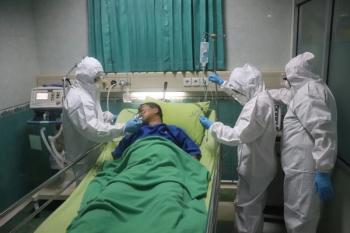
This EUA is for the treatment of hospitalized patients who require oxygen.


Researchers have identified the Ski complex as a promising target for antiviral drugs in the fight against coronaviruses.
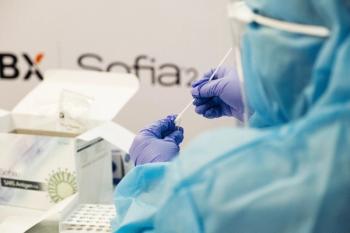
Patients testing positive for SARS-CoV-2 after recovery and negative tests are re-examined to determine if they are reinfected and/or infectious.
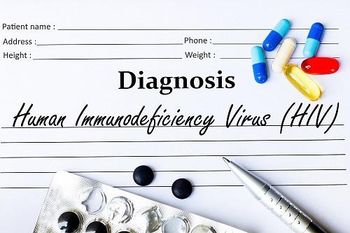
Gilead has announced that its investigational long-acting HIV-1 capsid inhibitor, lenacapavir, has achieved its primary endpoint in a phase 2/3 CAPELLA trial.
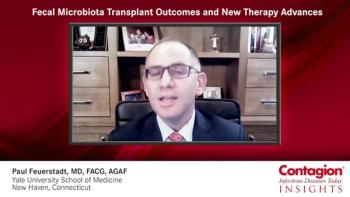

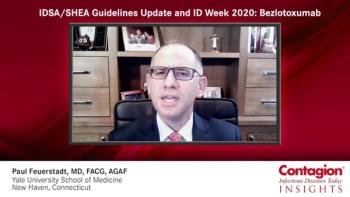

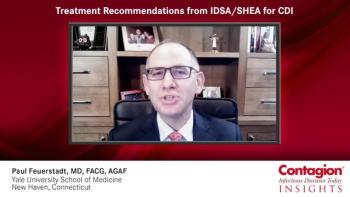
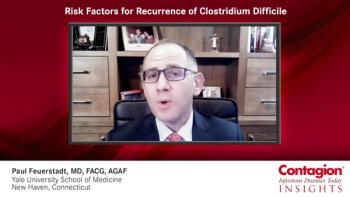
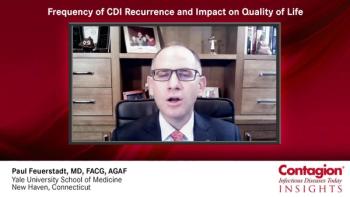






For the first time, prescribed users at suspected risk of COVID-19 can receive rapid results from home.
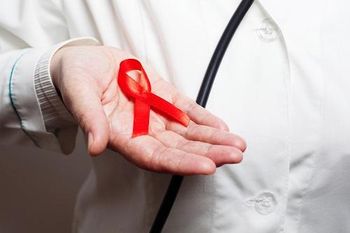
The US Food and Drug Administration has granted breakthrough therapy designation for an investigational drug, a long-acting, injectable cabotegravir for HIV pre-exposure-prophylaxis (PrEP).
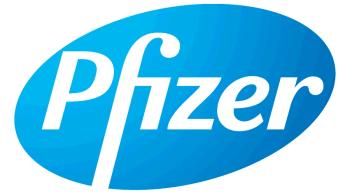
The investigational vaccine is being reported as 95% effective.

SARS-CoV-2 outbreaks on 16 different mink farms in the Netherlands have been identified showing transmission between humans and minks.
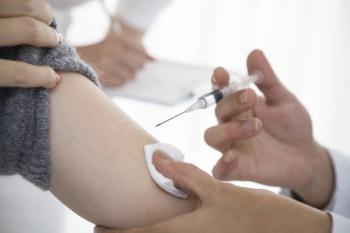
The data comes from a phase 1/2 trial with the CoronaVac vaccine.
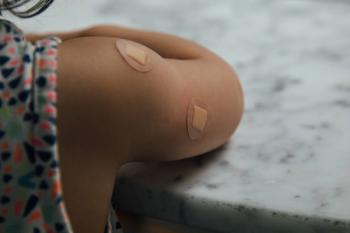
More than 13 million children did not receive their first DTP vaccine dose in 2019—and investigators anticipate the 2020 rate will be worse.

A survey of clinicians found that despite planning for resource limitations during the coronavirus 2019 (COVID-19) pandemic, clinicians still faced difficult decisions at bedside.